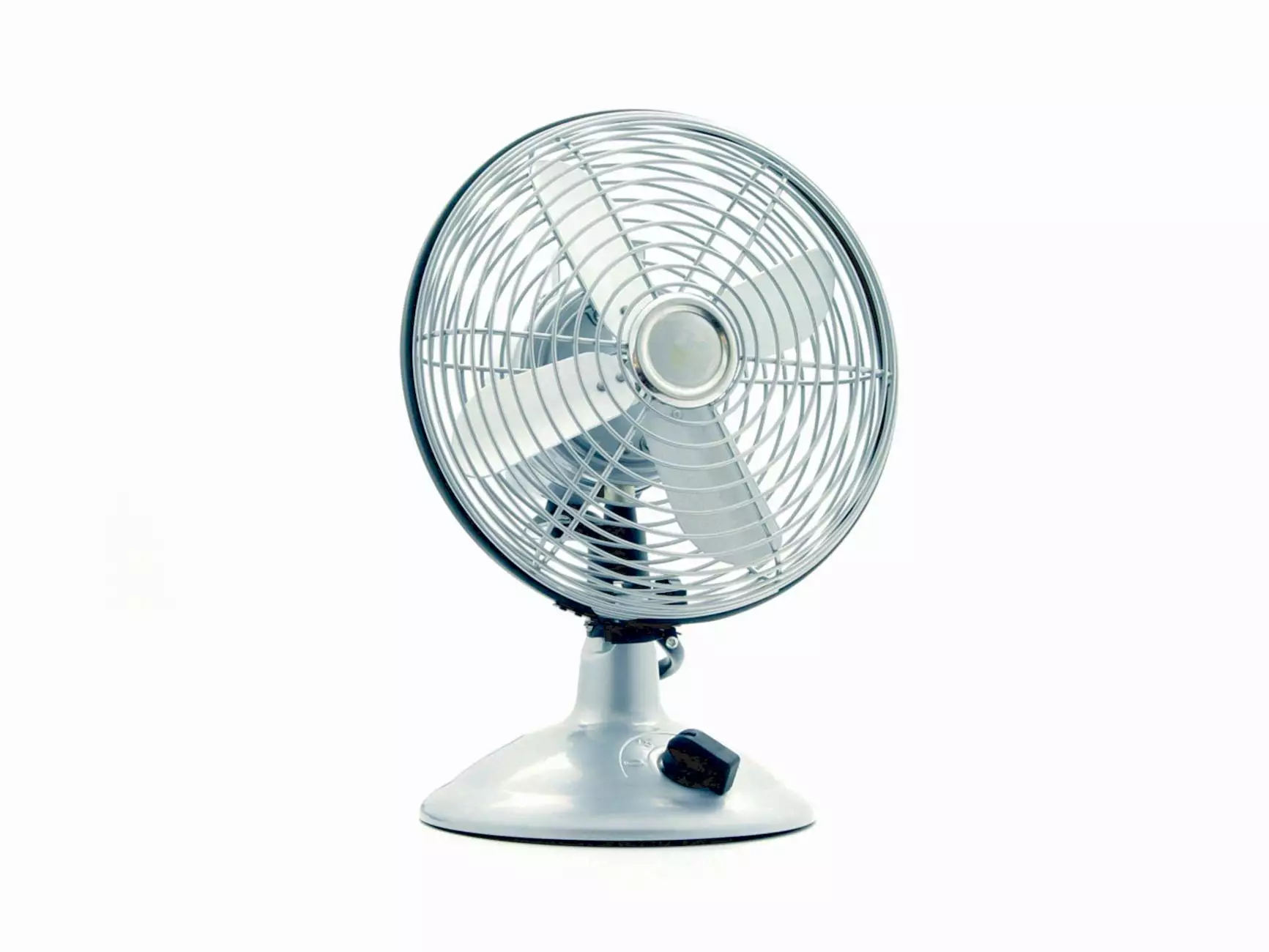Understanding Residential Electrical Panels

The residential electrical panel is a crucial component in any home’s electrical system. It serves as the main hub that distributes power to various circuits throughout your house, ensuring the safe and efficient use of electricity. In this comprehensive guide, we will explore the importance of residential electrical panels, their types, installation processes, maintenance tips, and much more. Understanding these elements can not only help in the daily functioning of your home but also in optimizing safety and energy efficiency.
What is a Residential Electrical Panel?
A residential electrical panel, often referred to as a breaker box, is a metal enclosure that contains circuit breakers or fuses. This panel controls the electricity flow from the main supply to different circuits in your home. It acts as a protective barrier, automatically shutting off electricity to circuits that are overloaded, thereby preventing potential fire hazards and equipment damage.
Key Functions of an Electrical Panel
- Power Distribution: It distributes electric power to various parts of the home.
- Overload Protection: It protects circuits from overloads that could potentially cause fires.
- Safety Shut Off: Breaks power supply in emergencies or when faults occur.
- Metering: Some panels come with a service meter that records electric usage.
Types of Residential Electrical Panels
Understanding the different types of residential electrical panels can help homeowners make informed decisions regarding installations or upgrades. Here are the most common types:
1. Breaker Panels
Breaker panels are the most common type of residential electrical panel. They use circuit breakers to automatically disconnect the circuit when an overload occurs. They are more user-friendly and safer than fuse boxes, making them the preferred option for modern homes.
2. Fuse Panels
Older homes may still use fuse panels. These panels use fuses that need to be replaced if they blow. While still functional, they do not offer the convenience and safety features of more modern breaker panels.
3. Sub-panels
A sub-panel is an additional panel connected to the main panel. It is used in larger homes or homes with specialized electrical needs, allowing for more circuit space without overloading the main panel.
Choosing the Right Electrical Panel for Your Home
Choosing the right residential electrical panel requires an understanding of your home's power requirements. Consider the following factors:
1. Total Power Load
Assess the total load your home will require. Most homes need a 100-200 amp service, but larger homes with more electronic devices may need 400 amps.
2. Number of Circuits
Consider how many circuits you need. More circuits mean more breakers or fuses, which will influence the size of your panel.
3. Future Expansion
Plan for future electrical needs. If you anticipate adding more appliances or renovations, consider a panel that can accommodate additional circuits.
Residential Electrical Panel Installation
Installing a residential electrical panel is a task that requires professional expertise. Here are the critical steps involved:
1. Planning
Before installation, a licensed electrician will assess your current electrical system and determine the best location for the new panel, usually in the basement or utility room.
2. Disconnecting the Power
The electrician will disconnect the electrical service from the utility company to ensure safety during installation.
3. Installing the Panel
Once the power is disconnected, the new panel is installed, and wiring is connected from the main service line to the panel and from the panel to various circuits throughout the home.
4. Connecting to the Utility Service
Finally, the electrician will reconnect your service with the utility company and ensure everything is running smoothly.
Maintaining Your Residential Electrical Panel
Regular maintenance of your residential electrical panel is essential for optimal performance and safety. Here are some maintenance tips:
1. Regular Inspections
Have a qualified electrician inspect your panel at least once every five years to check for any signs of wear, corrosion, or other issues.
2. Keep the Panel Dry and Clean
Ensure that the area around your panel is clean, dry, and free of obstructions. Dust and moisture can lead to corrosion and electrical failures.
3. Upgrade When Necessary
If you experience frequent tripping of breakers or notice physical damage to the panel, it may be time to consider an upgrade.
Common Problems with Residential Electrical Panels
There are several issues that can occur with residential electrical panels. Recognizing these problems early can save you time and money.
1. Frequent Tripping of Circuit Breakers
If your circuit breakers trip frequently, it could be an indication that your panel is overloaded or there is a fault in the wiring.
2. Flickering Lights
Flickering or dimming lights can signal a problem with your wiring or that your electrical panel is unable to handle the load.
3. Burn Marks or Melted Breakers
Burn marks or melting around the breakers are a serious concern and should prompt immediate evaluation by a professional electrician.
Benefits of Upgrading Your Residential Electrical Panel
Upgrading your residential electrical panel has several benefits:
1. Increased Safety
Newer panels are designed to handle modern electrical loads more safely, reducing the risk of electrical fires.
2. Improved Efficiency
An upgraded panel can significantly improve the efficiency of your electrical system, resulting in potentially lower energy bills.
3. Enhanced Usability
New panels often come with more circuit options, allowing for better management of your home’s electrical needs.
Conclusion
In conclusion, understanding your residential electrical panel and its importance can lead to improved safety, efficiency, and functionality in your home. Regular maintenance, timely upgrades, and professional installations are key to ensuring your electrical system remains in excellent condition. Whether you are considering a new installation or an upgrade, consulting with experienced electricians from a trusted provider like Wall's Electrical can help you make the best decisions for your home’s electrical needs, ensuring peace of mind and the safety of your loved ones.









